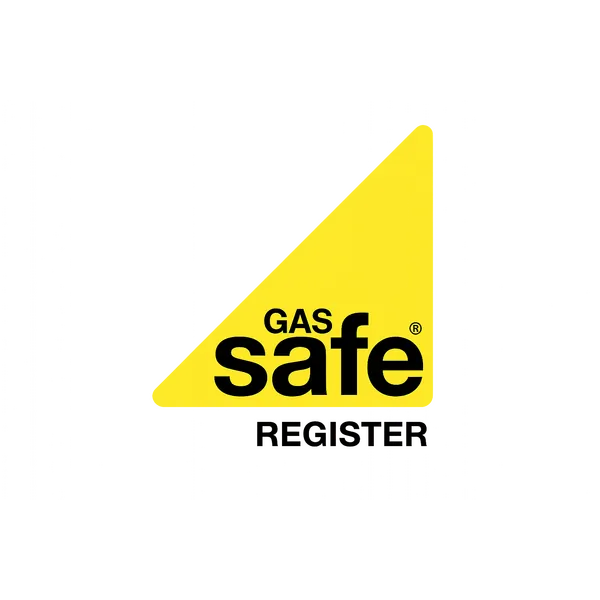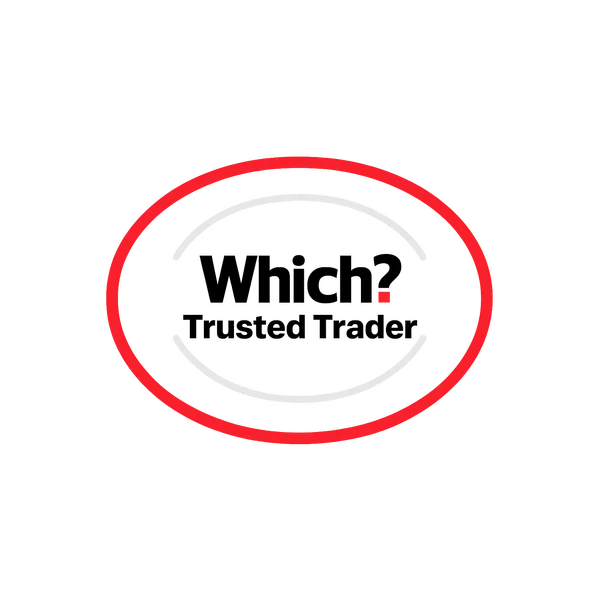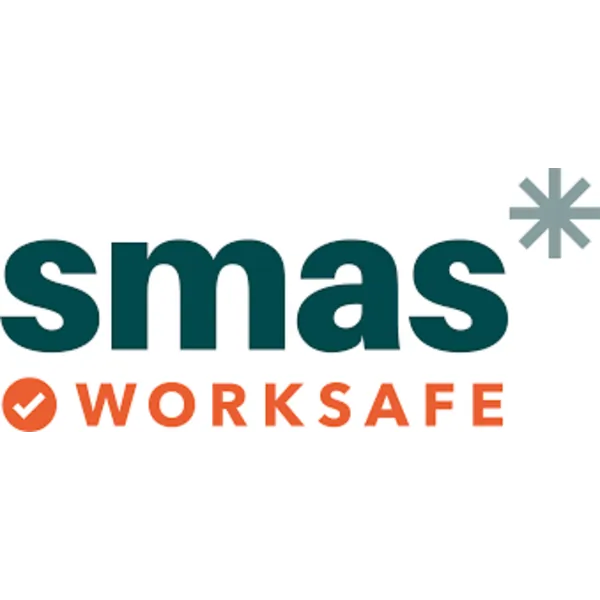Is it Time to Upgrade Your Boiler? 7 Telltale Signs
Your boiler is the heart of your home's heating system, working tirelessly to keep you warm and provide hot water throughout the year. But like any hardworking appliance, boilers have a finite lifespan and will eventually need replacing. Knowing when to upgrade can save you money on energy bills, prevent unexpected breakdowns, and ensure your home remains comfortable and safe.
At CRG Direct, we've helped thousands of homeowners make informed decisions about their heating systems. In this comprehensive guide, we'll walk you through the seven most common signs that indicate it's time to consider a boiler upgrade.
1. Your Boiler is Showing Its Age
The 15-Year Rule
Most modern boilers are designed to last between 10-15 years, though this can vary depending on the model, usage patterns, and maintenance history. If your boiler is approaching or has exceeded this age range, it's time to start planning for a replacement.
Why age matters:
- Declining efficiency: Older boilers operate at significantly lower efficiency rates than modern condensing models
- Parts availability: Finding replacement parts for older models becomes increasingly difficult and expensive
- Safety concerns: Older boilers may not meet current safety standards
According to Energy Saving Trust data, replacing a 15-year-old G-rated boiler with a new A-rated condensing boiler could save you up to £340 per year on your energy bills.
2. Noticeable Drop in Heating Efficiency
The Efficiency Equation
Modern condensing boilers operate at 90-94% efficiency, meaning they convert over 90% of the fuel they use into heat. Older non-condensing boilers typically operate at 70-80% efficiency, wasting significant amounts of energy and money.
Signs of declining efficiency:
- Your home takes longer to reach the desired temperature
- Hot water runs out more quickly than it used to
- Some radiators remain cold while others heat up
- Your heating system struggles to maintain consistent temperatures
If you notice these symptoms, your boiler is likely working harder to produce less heat, costing you more in energy bills while providing less comfort.
3. Frequent and Costly Repairs
The Repair vs Replace Calculation
While occasional maintenance is normal for any boiler, frequent breakdowns are a clear sign that your system is nearing the end of its useful life. As boilers age, components wear out, and the frequency of repairs typically increases.
When to consider replacement:
- Your annual repair costs exceed £300-400
- You've needed more than two significant repairs in the past year
- The same component keeps failing repeatedly
- Your engineer struggles to find replacement parts
A good rule of thumb: if the cost of repairs approaches 50% of the price of a new boiler installation, replacement is almost always the better financial decision.
4. Unusual Noises and Performance Issues
Listening to Your Boiler
Your boiler should operate relatively quietly. Strange noises often indicate underlying problems that could lead to complete system failure.
Common warning sounds:
- Banging or knocking: Often caused by kettling (limescale buildup in the heat exchanger)
- Gurgling or bubbling: Usually indicates air in the system or circulation problems
- Whistling or screeching: May signal pump failure or blocked pipes
- Humming or vibrating: Could point to electrical issues or failing components
These noises aren't just annoying—they're your boiler's way of telling you something is wrong. Ignoring them can lead to more serious (and expensive) problems down the line.
5. Visible Leaks and Corrosion
The Dangers of Water Damage
Any sign of water leakage around your boiler should be taken seriously. Leaks can cause significant damage to your property and may indicate serious internal problems.
What to look for:
- Water pooling around the base of the boiler
- Damp patches on walls or ceilings near the boiler
- Rust or corrosion on pipes, valves, or the boiler casing
- Constant need to top up system pressure
Leaks often start small but can quickly escalate. Water damage to electrical components can create safety hazards, while persistent moisture can lead to structural damage and mould growth.
6. Cold Spots and Inconsistent Heating
The Comfort Compromise
If you're experiencing cold spots in your home or inconsistent heating performance, your boiler may be struggling to distribute heat effectively.
Common symptoms:
- Some rooms feel much colder than others
- Radiators have cold patches (usually at the bottom)
- Heating takes much longer to reach upper floors
- Temperature fluctuates dramatically throughout the day
These issues often indicate problems with circulation, heat exchanger efficiency, or overall system capacity. While some can be addressed through system balancing or power flushing, persistent problems typically point to a boiler that's no longer up to the job.
7. Skyrocketing Energy Bills
The Hidden Cost of Inefficiency
One of the most telling signs that your boiler needs replacing is a steady increase in your energy bills without a corresponding increase in usage. As boilers age, their efficiency naturally declines, meaning they need to work harder and use more fuel to produce the same amount of heat.
The financial impact:
- A 15-year-old boiler could be costing you £200-£400 more per year than a modern equivalent
- Inefficient heating accounts for over 50% of the average UK household's energy bills
- The cost difference can often pay for a new boiler within 5-7 years through energy savings alone
If you've noticed your bills creeping up despite using your heating system the same way you always have, your boiler's efficiency is likely to blame.
When Repair Isn't Worth It: The Upgrade Triggers
Making the Smart Financial Decision
While it's tempting to keep repairing an older boiler to avoid the upfront cost of replacement, there comes a point where continuing to repair becomes a false economy.
Upgrade triggers:
- Age: Boiler is 15+ years old
- Efficiency: Operating below 80% efficiency
- Cost: Annual repairs exceed £400
- Availability: Replacement parts are difficult to source
- Safety: System no longer meets current regulations
- Comfort: Inability to maintain consistent temperatures
Modern boilers not only save you money on energy bills but also come with improved safety features, better warranties, and smart controls that give you greater control over your heating.
How CRG Direct Assesses Your Boiler's Condition
Our Comprehensive Evaluation Process
At CRG Direct, we take the guesswork out of boiler replacement decisions. Our trained engineers conduct thorough assessments to give you clear, honest advice about your heating system's condition.
Our assessment includes:
Visual Inspection
We examine your boiler for signs of wear, corrosion, leaks, and general condition. We check pipework, valves, and connections for integrity and safety.
Performance Testing
Using specialised equipment, we measure your boiler's efficiency, heat output, and combustion performance to determine how effectively it's operating.
Safety Checks
We verify that your system meets current gas safety regulations and identify any potential hazards or compliance issues.
System Analysis
We evaluate your entire heating system, including radiators, controls, and pipework, to ensure any new boiler will integrate properly and deliver optimal performance.
Cost-Benefit Analysis
We provide a detailed breakdown of repair costs versus replacement benefits, including projected energy savings and payback periods.
The Benefits of Modern Boiler Technology
Why Upgrade Makes Sense
Today's boilers offer significant advantages over older models:
- Higher efficiency: Modern condensing boilers capture heat that older models waste
- Smart controls: Programmable thermostats and smart heating controls optimise energy use
- Compact designs: New boilers are smaller, quieter, and more discreet
- Better warranties: Most new boilers come with 5-10 year warranties for peace of mind
- Environmental benefits: Reduced carbon emissions and lower energy consumption
Take the Next Step with CRG Direct
If you're experiencing any of the warning signs we've discussed, don't wait for a complete breakdown to take action. A proactive approach to boiler replacement can save you money, prevent inconvenience, and ensure your home remains comfortable throughout the year.
At CRG Direct, we're committed to helping you make the right decision for your home and budget. Our expert team will provide honest advice, transparent pricing, and professional installation services you can trust.
Ready to assess your boiler's condition? Contact CRG Direct today for a comprehensive evaluation and personalised recommendation. Let us help you enjoy reliable, efficient heating for years to come.















